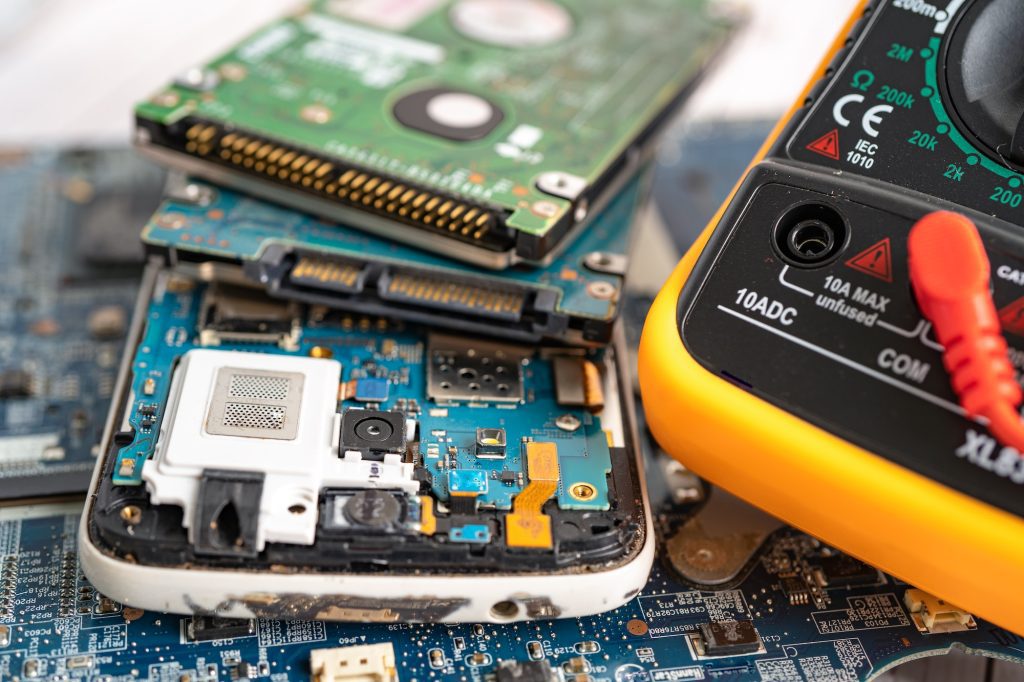Apple loses bid to block $2 Billion London lawsuit over iPhone battery defects
The lawsuit, led by British consumer advocate Justin Gutmann, is seeking damages of up to £1.6 billion ($1.9 billion), with a midpoint claim of £853 million.

Apple Inc (AAPL.O) failed in its attempt to prevent a substantial London lawsuit, accusing the company of concealing faulty iPhone batteries from around 24 million UK iPhone users.
The lawsuit, led by British consumer advocate Justin Gutmann, seeks up to £1.6 billion ($1.9 billion) in damages, with a midpoint claim of £853 million. Gutmann alleges that Apple intentionally reduced the performance of certain phone models by using software updates and a power management tool to limit battery capabilities.
Apple denied these claims, insisting they were ‘baseless’ except for a few iPhone 6s models for which they offered free battery replacements. The Competition Appeal Tribunal (CAT) allowed Gutmann’s case to proceed but noted the need for greater clarity and adjustments to Gutmann’s litigation funding arrangements following a recent Supreme Court ruling.
Why does it matter?
In the United States, Apple has agreed to a $500 million settlement to resolve similar allegations of class action lawsuits filed between 2017 and 2018. Compensation for affected users with iPhone 6, 7, and iPhone SE models began in August. These lawsuits encompass more than just financial compensation; they affect sustainable development. By allegedly limiting the performance of older iPhone models, Apple may have indirectly pushed consumers towards more frequent upgrades and replacements, contributing to electronic waste.
